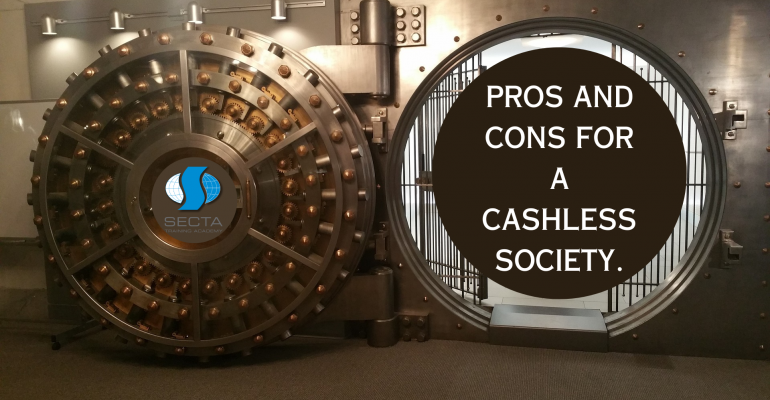WHAT ARE THE PROS AND CONS FOR A CASHLESS SOCIETY?
31 May 2023 2023-05-31 0:13WHAT ARE THE PROS AND CONS FOR A CASHLESS SOCIETY?
“Be careful what you wish for, it might just come true”
Once Governments and big business ban cash, they have ultimate control over your spending.
The transition to a cashless society does raise concerns about the potential control over spending by governments and big businesses. Here are some points to consider:
Government Surveillance: In a cashless society, all transactions leave a digital trail, which can be monitored and tracked by authorities. This raises concerns about privacy and potential government surveillance, as financial transactions can reveal personal spending habits and private information.
Restricted Financial Freedom: With cash, individuals have the freedom to conduct transactions privately and anonymously. In a cashless society, the ability to make untraceable transactions may be limited, potentially infringing on personal freedoms.
Dependency on Financial Institutions: In a cashless society, individuals become highly dependent on financial institutions for their payment needs. This reliance can lead to concerns about potential discrimination, restricted access to financial services, and vulnerability to system failures or disruptions.
Potential for Control and Manipulation: Governments and big businesses could potentially exercise greater control over individuals' spending habits and financial behavior in a cashless society. This control could be exerted through restrictions on certain transactions, fees, or even the possibility of freezing or confiscating funds.
Economic Implications: Cash transactions contribute to informal economies, providing flexibility and anonymity. A complete ban on cash could disrupt these sectors and impact individuals who rely on cash-based businesses or income sources.It’s important to consider these potential risks and strike a balance between the advantages of a cashless society, such as convenience and efficiency, and the need to protect privacy, ensure financial inclusion, and maintain individual freedoms. Regulations and safeguards should be in place to prevent abuses and ensure a fair and equitable financial system.



